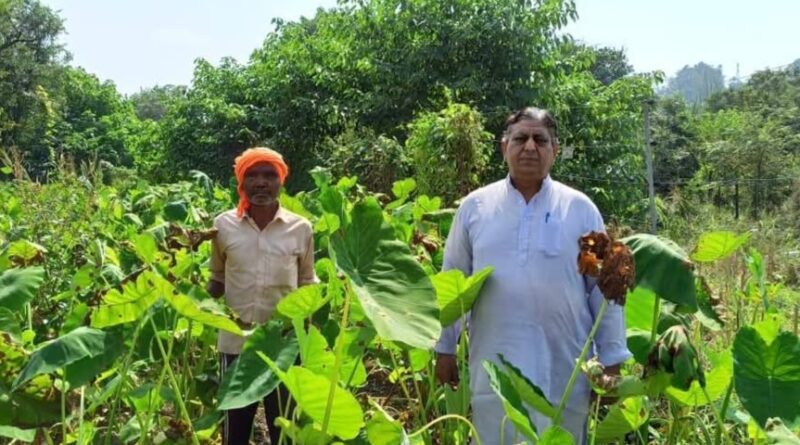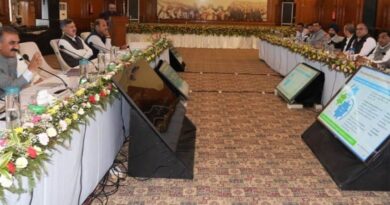From Principal to Produce King: Kamlesh Kumar’s Blooming Second Act
Retirement isn’t about slowing down for everyone. For Kamlesh Kumar Patial, a former principal from Lahladi village, it was the beginning of an exciting new chapter—one that has made him a local inspiration and a highly successful farmer.
After decades in education, Kamlesh Kumar traded his textbooks for tomato plants and has proven that with passion and the right support, a small piece of land can yield extraordinary results. He is now selling millions of rupees worth of fresh, seasonal vegetables, becoming a shining example of what’s possible in modern agriculture.
A New Beginning After Retirement
Like many in his region, Kamlesh Kumar initially grew traditional crops like wheat and paddy on his ancestral land. The returns, however, were modest. It was after retiring that a conversation with officials from the Agriculture and Garden departments sparked an idea. Inspired, he decided to dive headfirst into the world of vegetable cultivation.
A Thriving Farm, Built with Smart Support
His journey began by securing his land with a fence under the Chief Minister’s Farm Conservation Plan, receiving significant subsidy support. He didn’t stop there. With grants for a borewell for irrigation and subsidies for high-quality seeds, he strategically used available government schemes to build a strong foundation for his new venture.
Today, his fields are a vibrant tapestry of green, bursting with a colorful variety of vegetables—from gourds, okra, and pumpkins to cucumbers, brinjal, and ripe, red tomatoes.
From Field to Market: A Recipe for Success
Kamlesh Kumar’s business model is as straightforward as it is effective. He sells his fresh produce locally, right from the side of the road near his home and in the local market. This direct approach connects him with his customers and ensures his vegetables are as fresh as can be.
The results speak for themselves. He generates an impressive ₹8 to 8.5 lakhs in sales annually. After accounting for expenses, he earns a net income of around ₹7 lakhs—a figure that dwarfs his previous earnings from traditional crops.
Despite having a comfortable family, Kamlesh Kumar’s dedication to his new craft is a powerful message, especially for the youth. He proves that farming, when approached with innovation and determination, is not just a livelihood but a fulfilling and prosperous career.
“This new life would not have been possible without the guidance and support from the Agriculture and Garden departments,” says Kamlesh Kumar, expressing his gratitude. “Their various projects gave me the tools and the confidence to succeed.”



